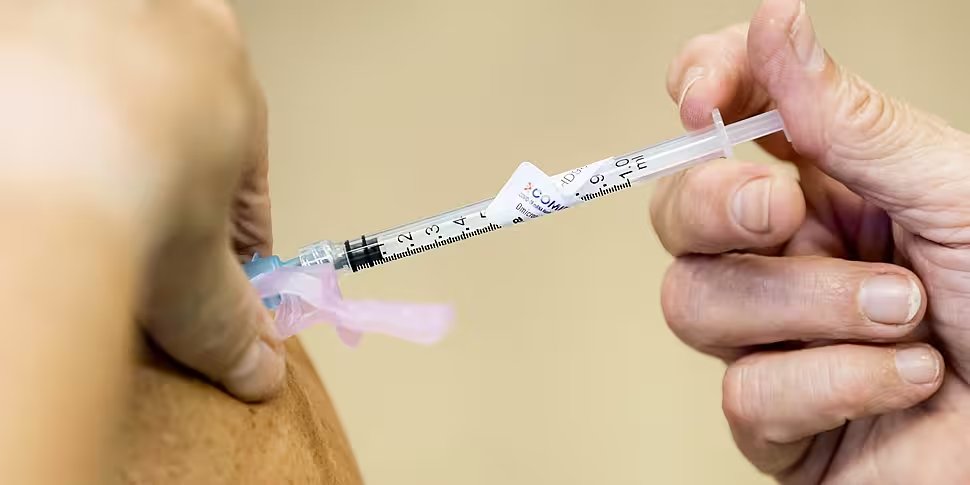Across Europe, the number of measles cases has soared - following a drop in vaccination rates.
Earlier this month, a Westmeath man died from the disease and pharmacist Sheena Mitchell is urging people to get vaccinated.
“Pre-pandemic really, we had got to a 93% vaccination uptake rate - which is fantastic,” she told The Pat Kenny Show.
“But it still wasn’t good enough for elimination, so really we want to be over 95% uptake for all kids who are on the vaccination schedule to be sure we’re not going to have outbreaks within our communities.”
Measles is a highly infectious viral illness. Measles starts with cold-like symptoms that develop about 10 days after you get infected. You will then get a measles rash a few days later. The illness usually lasts 7 to 10 days.
For more information on symptoms, how to treat… pic.twitter.com/Apm2Xjeenc— HSE Ireland (@HSELive) February 2, 2024
For every 1,000 people who contracts measles, the HSE estimates one or two will die from it.
One in 8,000 children under two years will get SSPE (brain degeneration) and one in 6,000 will get a blood clotting problem.
“The only people who shouldn’t be vaccinated are the people who can’t be vaccinated,” Ms Mitchell said.
“The only people who can’t be vaccinated are people who are immuno-compromised or have some other underlying health condition that cannot receive a live vaccine.”
The MMR #vaccine is the best way to protect against #measles.
2 doses of #MMR are needed for full protection.
Get the facts. #VaccinesWork @hpscireland for more info: https://t.co/E7sfh9Eayk pic.twitter.com/MlWmykfF3g— Department of Health (@roinnslainte) August 22, 2018
Ms Mitchell described measles as “extremely infectious” and said those who contract it are highly likely to pass it on to those in close proximity to them.
“We know that the flu, if one person has it, on average they’ll spread it around to one to four other people,” she said.
“With measles, if one person has it, they’re going to spread it to 12 to 18 non-vaccinated people.
“So, you can imagine a child in a classroom; if one child has it, you can be pretty much guaranteed that any other child who is in that classroom will have it.”
Who should not get a vaccine?
If you were born after that date, Ms Mitchell suggests you consult your medical records.
“I spoke to my local childhood immunisation officer and… I found out I wasn’t immunised, so I am not vaccinated for measles,” she said.
“Because I’m immuno-compromised, I now cannot receive the vaccine.
“Which is very ironic considering I’ve been campaigning [on this issue].”
If you cannot find out, a test can be done but it is much simpler and cheaper to simply get vaccinated.
“If in doubt, go and get vaccinated,” Ms Mitchell said.
Vaccine appointments can be made with your local GP.
Main image: A person recieves a vaccine. Picture by: Mark Hertzberg/ZUMA Press Wire.









